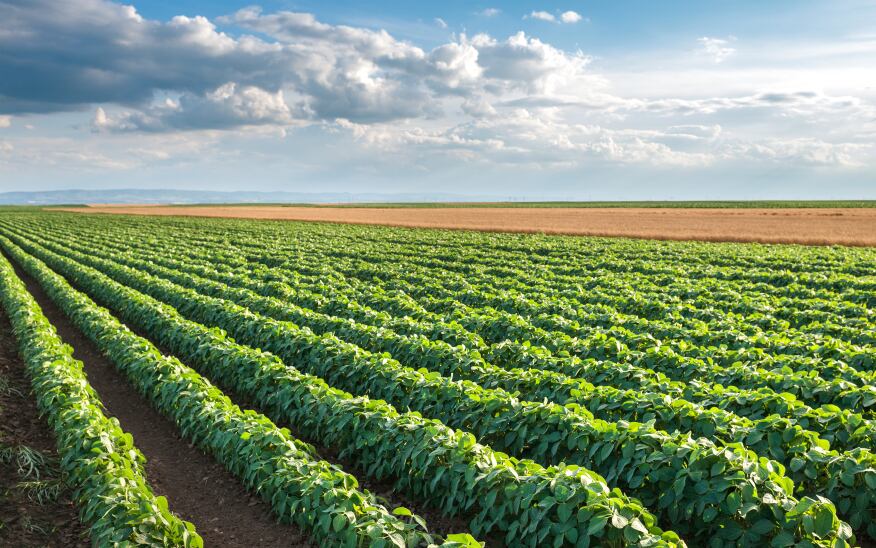There are no laws covering forest management specifically, but the EU Timber Regulation (EUTR) and the Forest Law Enforcement Governance and Trade Plan (FLEGT) have helped to curb the production of illegal timber.
However, the largest threat to forests is their conversion to agricultural land, explained NGOs Conservation International and Fern, in a letter sent to EU ministers. “Half of all tropical deforestation since 2000 has been caused by illegal clearance of forests for commercial agriculture,” they wrote.
Fern estimates that in 2012 the EU imported almost a quarter of the total world trade in illegally sourced agricultural commodities: €6 billion of soy, beef, leather and palm oil that originated from land illegally cleared of forests in the tropics.
Highlighting the success of regulations designed to tackle illegal logging, the NGOs urged ministers to “explore mechanisms and policies to ensure all forest risk commodities’ supply chains consist of only legally and sustainably sourced products, free from deforestation”.
Highlighting soy, palm oil and beef as particular commodities of concern, they also called for an EU Action Plan on deforestation and forest degradation: “Remaining within a temperature increase of 1.5 to 2oC – the goal of the Paris Agreement – is also not possible without halting deforestation and restoring forest ecosystems.”
The call coincided with new research showing that emissions from deforestation in palm oil, beef exports and timber could be “wiped out” and “halved for soy products” if more businesses committed to zero deforestation in their supply chains.
Zero deforestation asks companies to commit to using only commodities produced without deforestation by 2020. Food companies account for well over half of forest-risk commodity commitments, driven in part by the Consumer Goods Forum’s target of zero net deforestation by 2020. There is also the reputational risk.
Commodity commitments
As of June 14, 2016, 51 companies have committed to using only commodities produced without deforestation by 2020, noted CDP and New Climate Institute in their report, 'The business end of climate change'.

To slash emissions to the extent above, some 750-850 businesses would need to hit that target by 2030, resulting in emissions savings of 0.5 to 1.2bn tonnes. If every relevant company signed up, the savings would rise to between 0.7 and 1.5 billion tonnes. It won’t be easy.
“A global market in zero-deforestation commodities calls for regulations, both in countries that produce and consumer countries,” the authors wrote, but “standards and regulations can be hard to follow for producers because they’re often both complicated and inconsistent from one country to the next.”
They recommended bans on unsustainable and illegal products and streamlined regulations and standards, especially for palm oil, soy and beef.
Zero deforestation is one of five key global business initiatives on climate that will help cut emissions by 3.7 billion tonnes, based on commitments already made. The savings would more than double if all relevant companies signed up to the initiatives, the report concluded.
